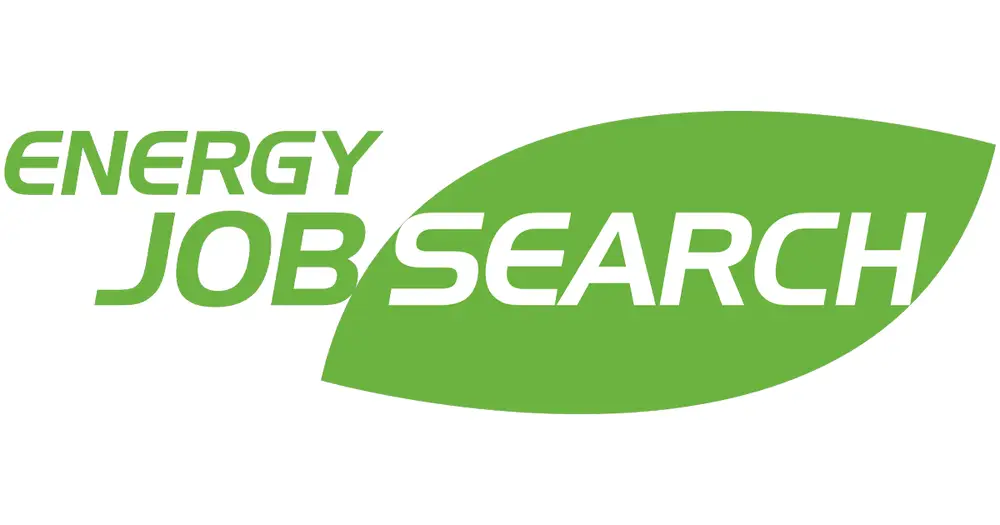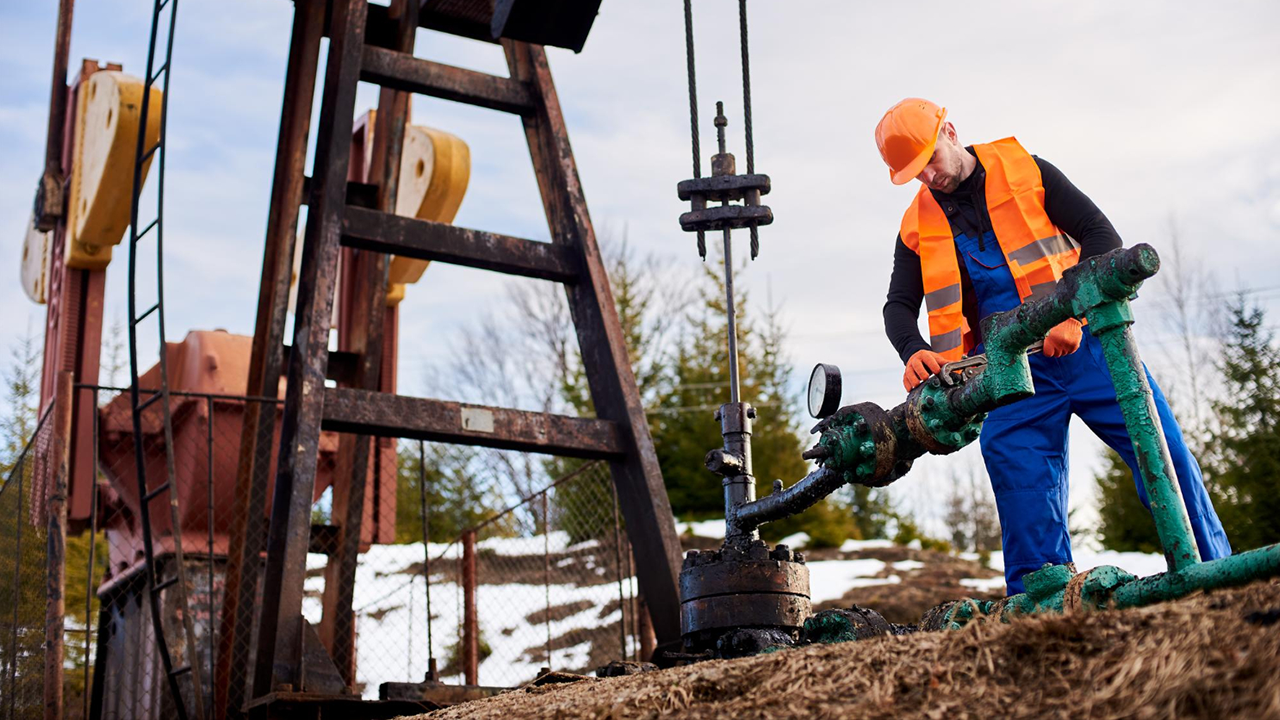Geothermal engineer is a job role that’s hands-on, future-focused and rooted in real-world impact, are you interested?
This role puts you right at the intersection of clean energy and cutting-edge technology. You will be designing, developing, and maintaining systems that harness the Earth’s natural heat to power homes, businesses, and communities.
Geothermal energy is a reliable, low-emission energy source that has been quietly growing in popularity and useability. While other renewables like solar and wind have been grabbing headlines, geothermal has never been a buzzword.
As the U.S. pushes harder to meet its clean energy goals, demand for skilled geothermal engineers is rising rapidly. That means strong job security, competitive pay, and the chance to build a career with long-term momentum.
In this guide, you’ll get a full picture of what geothermal engineers actually do, what skills and education you need, how to break into the field, and why now is a smart time to get started.
If you’re curious about clean energy and want the work you do to matter, you’re in the right place. Geothermal can fulfill both those wants.
What Does a Geothermal Engineer Do?
Geothermal engineers are involved in various stages of geothermal energy projects. Starting with initial site assessments to the operation of power plants, they play a crucial role in harnessing the Earth’s internal heat for sustainable energy solutions.
Core Responsibilities
At the core of the job, geothermal engineers are responsible for:
- Resource Assessment: Evaluating potential geothermal sites by analyzing geological data to determine the viability of extracting heat for energy production.
- System Design: Designing systems for the extraction and conversion of geothermal energy, including the development of power plants and heating systems.
- Drilling Oversight: Supervising the drilling of wells to access geothermal reservoirs, ensuring that operations are safe and efficient.
- Monitoring and Maintenance: Monitor the performance of geothermal systems, conduct regular maintenance, and implement improvements as needed.
All of these responsibilities require a strong foundation in engineering principles, geology, and environmental science.
Tools and Technologies
When it comes to tools and technologies, geothermal engineers use a variety of general and specialized items including:
- Geothermal Resource Models: Software tools that simulate geothermal systems to predict performance and optimize design.
- Thermal Conductivity Meters: Instruments used to measure the thermal properties of geological materials, aiding in the assessment of heat flow.
- Drilling Equipment: Advanced drilling rigs and associated technologies for creating wells that reach geothermal reservoirs.
These tools enable engineers to design efficient systems and ensure the sustainable extraction of geothermal energy.
Work Environment
Geothermal engineers typically split their time between office settings and fieldwork. In the office, they engage in project planning, data analysis, and system design.
Fieldwork involves site assessments, overseeing drilling operations, and monitoring system performance. This combination offers a dynamic work environment that blends theoretical and practical applications.
Where Do Geothermal Engineers Work?
Geothermal engineers are employed across various sectors, contributing to the development and maintenance of geothermal energy systems. Their work environments range from field sites to corporate offices, reflecting the diverse nature of the geothermal industry.
Typical Employers
You can find opportunities with:
- Energy Companies: There are plenty of plants in the United States. As of 2023, there are close to a hundred geothermal power plants, and many of them require engineers for system design, operation, and maintenance.
- Government Agencies: The U.S. Department of Energy (DOE) and state energy departments engage geothermal engineeers for research, policy development, and project oversight.
- Research Institutions: Universities and national laboratories conduct geothermal research and employ engineers to advance technology and efficiency.
- Engineering Consultancies: These companies offer specialized services in renewable energy projects hiring geothermal engineers for feasibility studies and implementation.
Geographic Hotspots
While geothermal resources are more abundant in certain regions, opportunities exist nationwide for extraction, regulation, and exploration:
- Western United States: States like California, Nevada, Utah, and Oregon have significant geothermal activity due to their favorable geological conditions.
- Texas: Emerging as a geothermal exploration area, Texas is offering opportunities thanks to its existing energy infrastructure and regulatory environment.
- Sedimentary Basins: Regions with sedimentary basins across the United States are being explored for their geothermal potential, expanding the geographic scope for engineers.
Work Environments
You can work in diverse settings:
- Field Sites: Involvement in drilling operations, site assessments, and system installations.
- Offices: Engagement in project planning, data analysis, and design work.
- Research Facilities: Participation in experimental studies and technology development.
You can have a dynamic career path across the U.S. that combines practical fieldwork with analytical and design responsibilities.
Education and Skills Needed
Pursuing a career as a geothermal engineer requires a solid educational foundation and a diverse skill set that combines engineering principles with geological and environmental sciences.
Education Pathways
Most geothermal engineering positions require at least a bachelor’s degree in a relevant field. Common degrees you could pursue include:
- Geological Engineering: Programs accredited by the Accreditation Board for Engineering and Technology (ABET) are available at institutions such as the Colorado School of Mines and the University of Nevada, Reno.
- Mechanical Engineering: These disciplines provide a strong foundation in system design and structural analysis, which apply to geothermal projects.
- Environmental Engineering or Earth Sciences: These programs offer insights into sustainable practices and the environmental impact of energy systems.
If you’re seeking advanced knowledge, graduate programs like the Master of Science in Sustainable Energy Engineering are available in countries like Iceland, focusing on geothermal engineering and exploration.
Certifications and Licenses
While not always mandatory, certain certifications can enhance your credentials:
- Professional Engineer (PE) License: In the U.S., obtaining a PE license helps to demonstrate to others that a recognized standard of competence has been achieved, which is useful for higher-level positions.
- Certified GeoExchange Designer (CGD): Offered by the Association of Energy Engineers (AEE), this certification is specifically designed for individuals specializing in geothermal heat pump systems.
Technical Skills
When applying for a geothermal engineer position consider your proficiency in the following:
- Geothermal Resource Modeling: Using software tools to simulate and predict the performance of geothermal systems.
- Drilling Technologies: A working understanding of the equipment and techniques used to gain access to geothermal reservoirs.
- Thermal Conductivity Measurement: Assessing the termal properties of geological material sto evaluate site viability.
Soft Skills
Other important skills relate to your ability to solve problems and work with others, including:
- Problem-Solving Abilities
- Team Collaboration and Leadership
- Communication Skills
By combining formal education with practical skills and certifications, aspiring geothermal engineers can position themselves for a rewarding career in the renewable energy sector.
Entry-Level Roles and Career Pathways
Embarking on a career in geothermal engineering means you need to have one of a variety of educational backgrounds and experiences.
This is thanks to the diverse roles that the geothermal industry encompassess, providing opportunities for growth and specialization.
Entry-Level Positions
If you’re just starting out, there are several positions that serve as gateways into the geothermal sector:
- Geothermal Engineering Technician: Assists in the design, installation, and maintenance of geothermal systems. You may be responsible for data collection, equipment testing, and systems monitoring.
- Field Engineer: You work on-site to oversee drilling operations, conduct geological assessments, and ensure compliance with safety standards.
- Research Assistant: Supports and assisting research projects related to geothermal energy, including laboratory experiments, data analysis, and preparing reports.
These roles will typically require a bachelor’s degree in engineering, geosciences, or a related field.
Career Progression
Over time as you gain experience in the geothermal industry, you’ll be able to apply for more advanced and specialized roles if you choose to do so.
Maybe you’ll decide to become a Project Engineer. Then you’ll are responsible for managing specific aspects of geothermal developments. You could be coordinating between teams, tracking progress, and ensuring critical project milestones are met.
Or maybe you choose to pursue becoming a Reservoir Engineer, a role focused on analyzing underground geothermal reservoirs.
You would help to maximize energy extraction efficiently and sustainably. You’ll need a strong understanding of geology, modeling tools, and thermodynamics.
A master’s degree or a Professional Engineer (PE) license is often preferred or required to apply for these positions in addition to experience.
Professional Development
As a fast-evolving sector, geothermal energy requires continuous learning to staying current.
One way to grow your knowledge and network is by attending industry events, where professionals share the latest research, technology, and project breakthroughs.
Try joining a professional organization where you can access research publications, job boards, webinars, and an active community of like-minded professionals.
Or, pursue advanced education by seeking out specialized training in sustainable energy systems and geothermal engineering.
By actively participating in these opportunities, you not only sharpen your technical skills but help to expand your career possibilities in a field that’s making making a real difference in the clean energy transition.
Salary Expectations and Job Outlook
You may be asking one of the most common questions for anyone starting out in geothermal engineering is:
What does the pay look like?
While salaries will vary depending on your location, level of experience, and specific job title, here are the typical salary ranges for geothermal engineers:
- Entry-Level Geothermal Engineer: $60,000 – $75,000/year
- Mid-Level Engineer (5-9 years): $80,000 – $100,000/year
- Senior Engineer or Project Manager: $100,000 – $130,000/year or more
- Specialists (e.g., Reservoir Engineers): Can exceed $140,000/year, depending on location and expertise.
Geothermal engineering is a competitive option in the energy sector, especially when you consider the job security, meaningful impact, and room for advancement that comes with it.
Conclusion
This field offers more than competitive salaries and job stability. It gives you the chance to work on sustainable solutions that will power communities for generations.
If you’re drawn to solving real-world problems, are passionate about renable energy, and ready to dig into a career with staying power, consider that geothermal engineering may be the career for you.
Even at the entry-level position there is a clear path for growth for those willing to keep learning and evolving in the industry.
As the world continues to expand clean energy infrastructure, demand for geothermal engineers will only increase. Now is the time to search for a geothermal job near you, enter the field, build your foundation, and become part of the next wave of energy innovation.








